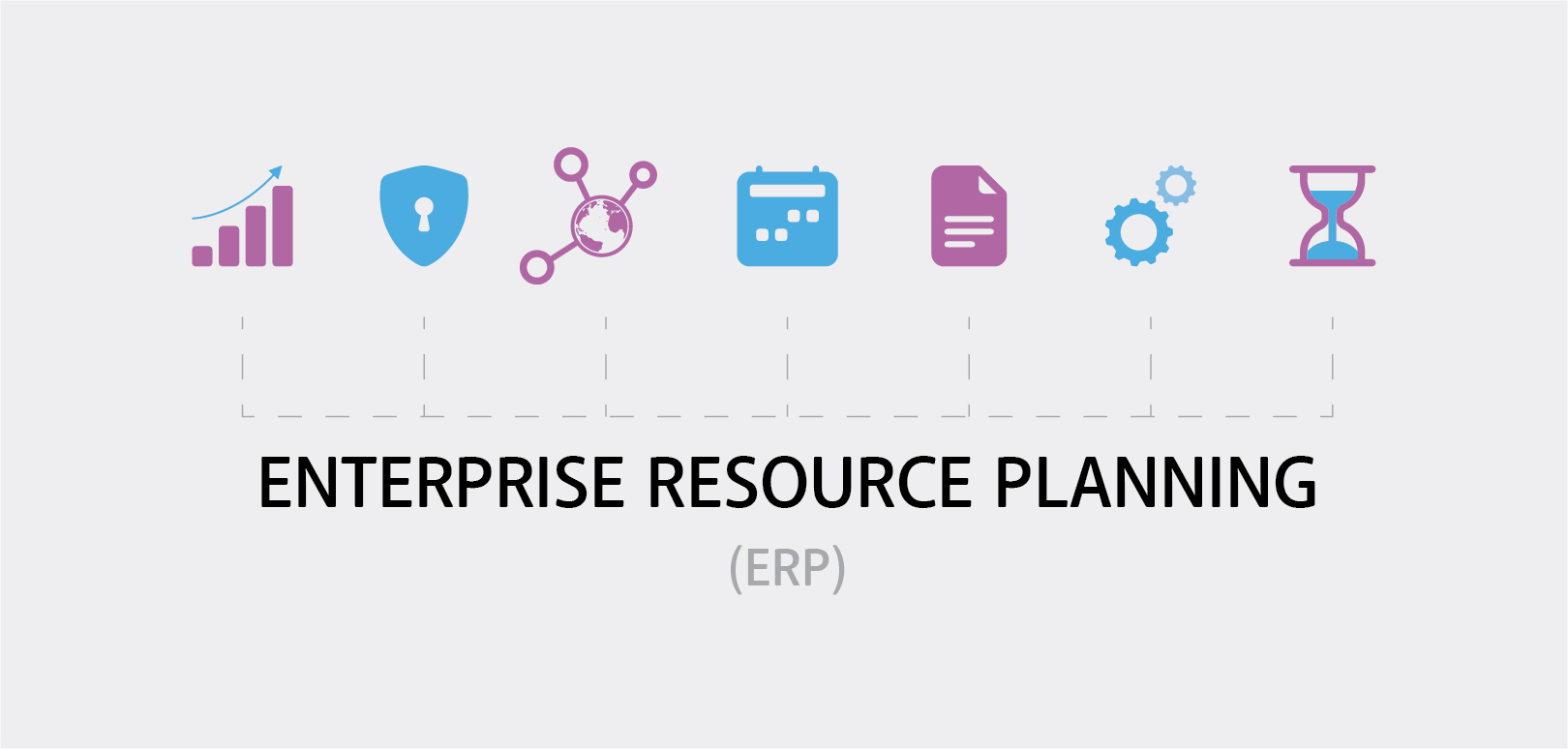

9 MIN READ

Running an effective enterprise requires experience, skills, and business acumen, but most of all – wise management of business processes, and use of advantages of enterprise resource planning. The competitive nature of modern markets forces entrepreneurs to seize every available opportunity, including technological advances, to maximise efficiency and stay ahead of the rivals.
ERP systems have long since established their dominance in the field of software solutions for business. This article will summarize the reason for this phenomenon by detailing the ERP benefits as well as answering the reasonable question “what are the disadvantages of erp?”
CONTENTS:
Advantages of ERP
Higher management performance
Better accuracy and availability of information
Improved coordination
Precise planning
Enhanced reports
Scalability and flexibility
Cost-effectiveness
Easier access to management systems
Outcome

It was already mentioned that enterprise resource planning software offers multiple powerful opportunities that may be turned into profitable perks by a skillful person. So, let’s cut to the chase and review the potential benefits of enterprise systems.
ERP solutions serve as a data centre that establishes links between all aspects of enterprise activities that require management, including human resources, production, sales, customer support, inventory, and supply. With the help of computer technologies, ERP software enables automatic data handling in the fastest and most effective way.
As a primary advantage, enterprise resource planning solutions greatly reduce the paperwork and the need for manual data input. This benefit results in a significantly smaller chance of human errors that can disrupt the production flow. In addition, there is no need to convert data stored on paper into a digital format, which allows to direct respective human resources elsewhere.

This is the core perk that, one way or another, influences all the rest of enterprise resource planning advantages presented in this list. Advanced ERP systems enable effective and centralised collection, processing, and storage of information on production, sales, supplies or customers, for example. Thus, a single data system is used and maintained instead of a number of separate databases that need regular checks and synchronisation to remove obsolete or duplicate records.
The increased quality of all kinds of internal data, combined with its easy availability to the staff in any relevant department, is an invaluable feat that leads to further performance optimization on all levels of the enterprise. Particularly, supply chain and inventory management is the activity that benefits the most from ERP implementation.
The unified system that contains all business-related data improves cooperation between enterprise branches or departments. ERP software reduces the communication delays across the whole company, enhancing its efficiency. This is especially beneficial if a company has a distributed network of affiliates in several states or even on different continents.

The convenient access to the bulk of business information greatly facilitates its analysis in order to plan a further development course. The company’s management staff and business analysts can use the aggregated data more effectively to devise new strategies or suggest improvements to the existing one.

As a result of reduced paperwork and improved communication among departments, ERP software offers the convenient environment for quick and easy submitting all kinds of reports: from financial to inventory, from customer behaviour to technical maintenance, etc.

Another inherent benefit of ERP software is determined by its modular structure that allows adjusting its scale according to current needs and conditions. Thanks to this feature, a resource planning system easily adapts to expansion or reduction of the company on every level.
Even the most trivial changes in the company structure and operation, such as the appearance of new products, workers, production facilities, suppliers, departments, etc. demand high flexibility of ERP solutions. Whether the growth involves production increase, inventory extension, addition of new functions, services or users, ERP systems can handle all these changes and much more.
As a result of reduced paperwork and optimization of daily routines, most of all – decrease of repetitive tasks, ERP systems allow cutting costs on administrative needs. Besides, resource planning solutions greatly speed up business operations that involve various information requests and approvals, such as logistics, stock and supply management, and others.
OUTCOME
As you can see from the article and accompanying infographics, ERP systems are not all-purpose solutions that guarantee 100% success. Instead, they have a number of advantages and disadvantages that must be taken into account while considering the necessity and profitability of employing such systems.
Though there are various commercially available and custom-made enterprise resource planning systems, benefits associated with them remain roughly the same. In summary, they save time and financial resources, enhance productivity and customer satisfaction, optimise business processes, centralise all data flows, and enable easy scalability. If you like to introduce these benefits to your business, Smart Production will gladly help you with this task.

Yerevan Mall Online Gift Card Purchase

InSport Cooperation

Cross Sport Complex Cooperation